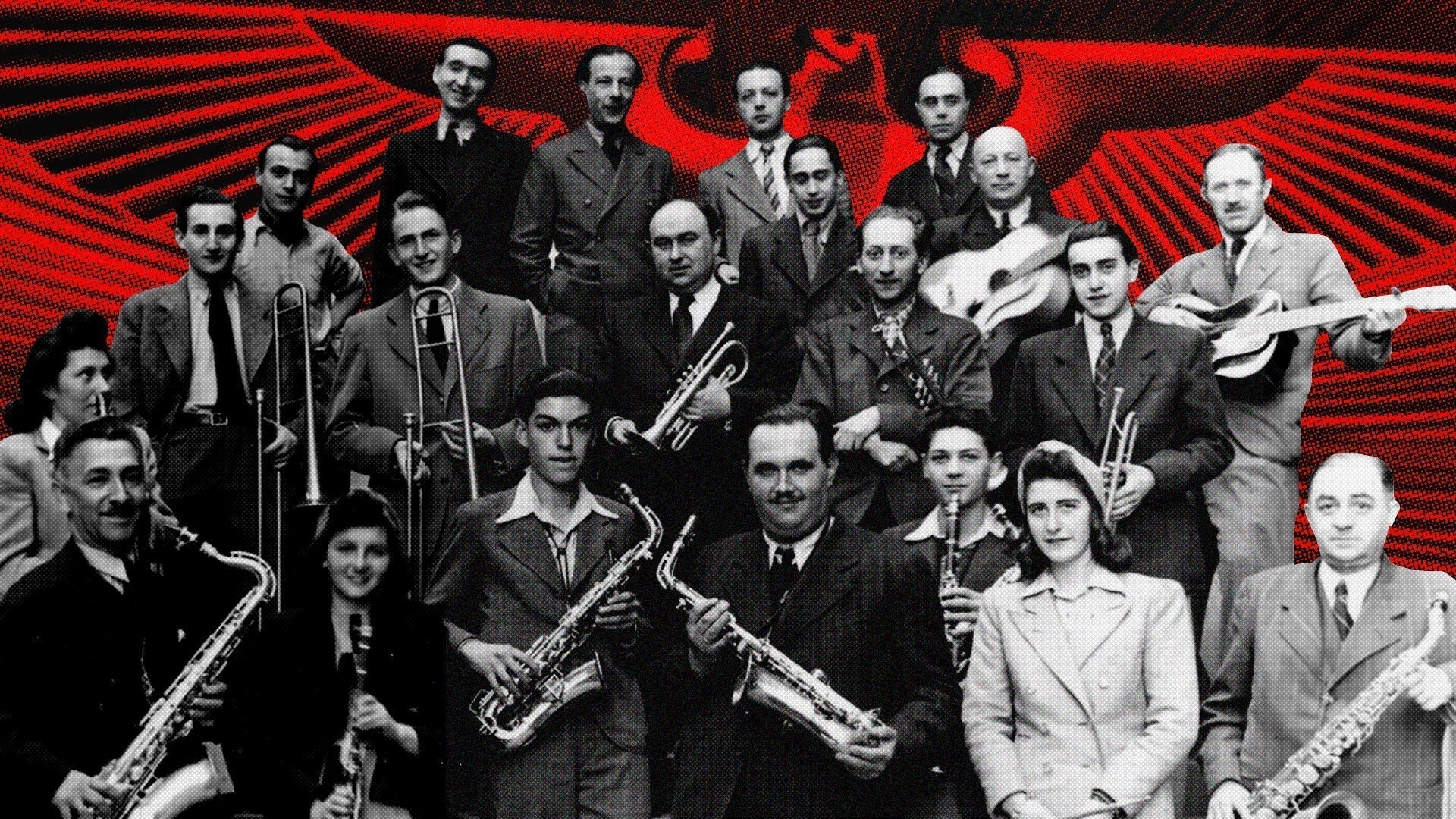Zomato’s “Book Now, Sell Anytime” Feature: Convenience or an Invitation to Scalping?

Zomato, a major player in India’s food delivery and instant delivery sectors, has recently expanded into the event ticketing market after acquiring Paytm Insider for ₹2,048 crore. This acquisition enables Zomato to tap into the entertainment ticketing business, complementing its "going-out" offerings like dining and events. However, Zomato's new feature, "Book Now, Sell Anytime," raises concerns about embedding ticket scalping into their platform.

The feature allows users to buy tickets for events and then resell them on the Zomato app at a price of their choosing, capped at the organizer's discretion. If a buyer is found, the original ticket is canceled, and a new one is issued to the buyer. Zomato claims this feature is aimed at easing the concerns of customers who may have to cancel their plans due to unforeseen circumstances, stating it is “a first of its kind by an Indian ticketing platform.”
While Zomato emphasizes that the feature is designed to prevent black market touting or unfair pricing through certain checks (like capping ticket prices and monitoring user behavior), the concerns remain that it may inadvertently encourage scalping—a long-standing issue in concert culture.
In a major highlight for Zomato’s new foray into events, the company is bringing global pop star Dua Lipa to India as part of the Zomato Feeding India Concert later this year. This concert series, aimed at raising awareness and funds for food security, is one of Zomato’s flagship initiatives. Dua Lipa’s performance will be a major draw, and tickets for this event are expected to be in high demand.
Scalping has been a persistent problem in the events industry, where individuals buy tickets in bulk and resell them at exorbitant prices, often making it harder for genuine fans to access tickets at face value. By allowing ticket resale at a markup, even within a controlled environment, Zomato is opening the door to potential misuse. Though it has placed a cap on how many tickets can be bought and sold per category (up to 10), these measures may not be enough to prevent scalpers from exploiting the system.
Moreover, the idea that Zomato is “monitoring” ticket sales seems more reactive than proactive. Scalpers are known for their agility in finding loopholes, and without a more robust framework, the checks and balances Zomato mentions might not suffice to curb the issue.
For real fans who often miss out on tickets due to high demand and unscrupulous resellers, this move can be frustrating. It also contradicts the ethos of community-building around events, turning concerts into a more transactional experience. While Zomato has touted this feature as “empowering” for customers, it may end up disempowering genuine fans who simply want to enjoy a live experience without having to compete with market forces.
As a record store rooted in India’s music culture, we recognize the implications of such features. Ticket scalping not only creates an unfair marketplace but also erodes the spirit of live events, where fans and artists connect meaningfully. While Zomato's innovation in the ticketing space could drive business growth, it is crucial to consider its broader impact on the concert culture and the real fans who are often sidelined by such practices.
The future of this feature remains to be seen, but it raises important questions about the balance between commercial innovation and fair access in the events industry.






Comments